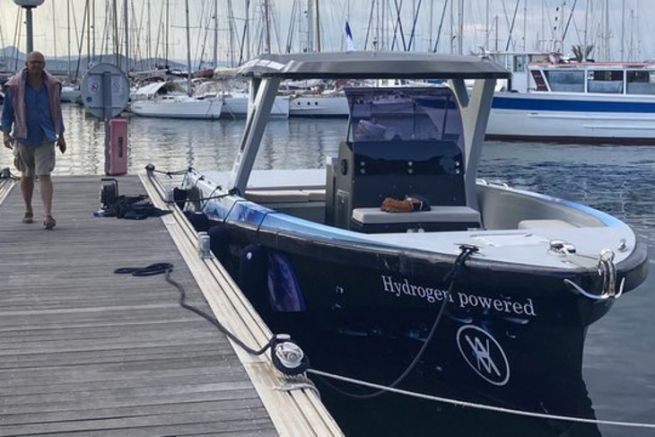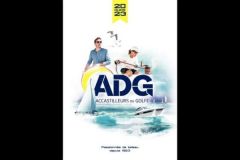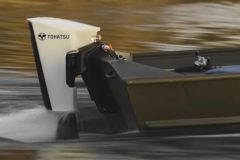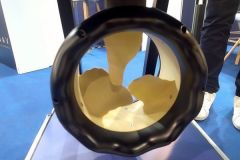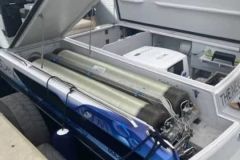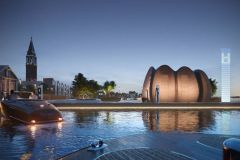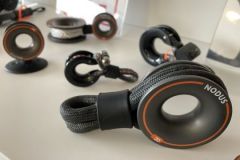Philippe Pallu de La Barrière, head of Alternatives Energies, a specialist in propulsion and electrical energy on board boats since 1997, employs 7 people. He answers BoatIndustry's questions about the company's news and its projects related to boating.
How did Alternatives Energies come to work for the nautical sector and what are the current projects?
For more than 20 years, Alternatives Energies has been working on the propulsion and electrical energy of boats. We have positioned ourselves as an electric and hybrid integrator. Until now, the professional boat market was more favourable, because boats run a lot, with fixed personnel and are often attached to an operating site, which is easier for the infrastructure. It was easier to break through. On several occasions, we were asked to take on pleasure craft projects, but we did not follow up, because we needed to invest beforehand, because the boats are not used much and move around a lot. We had postponed this. At the request of an industrialist of the nautical industry who does not reveal himself for the moment, we started again to work in a structured way on the medium term for the propulsion of a pleasure boat. If all the steps are taken, this should lead to a serial equipment in less than 2 years.
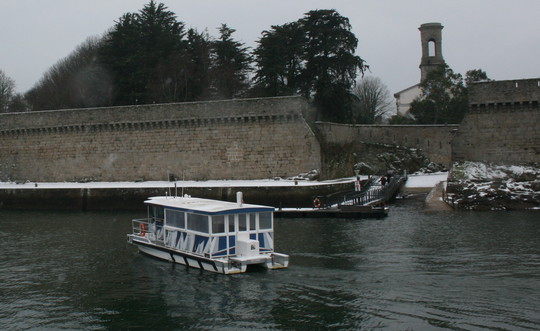
We were also integrator for Fountaine-Pajot on a project for a particular yachtsman to experiment with hydrogen, especially for energy at anchor. There is a strong demand for "silent mooring" for boats over 50 feet. In terms of propulsion, we can only do a zero emission part on these boats, because they need to be so autonomous that they can't go very far.
We are also very attentive to what is happening in hydrogen. We were integrators of the EoDev battery on the hynova yacht project . In the yachting industry, it remains experimental for the moment because there are supply issues, but we must follow to be in the right timing.
What are the factors that make yachting more mature for electrics?
The equipment is evolving fast. Batteries, but also all the less talked about equipment for energy conversion, which were expensive and heavy. There are new systems that come from industry and automotive, more compact and easy to integrate. Falling hardware prices also make this more accessible. We started lithium batteries on boats at more than 1000euros per kWh and today we are close to 400euros /kWh. The third element is the possibility to work in an industrial framework on the long term for a real electric boat. It is not designed like a "normal" sailing boat. Our trademark is to design boats thought for the electric.
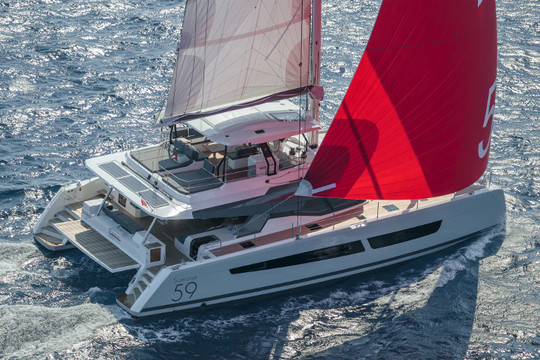
Is the boater ready for the electric boat?
There is certainly a strong demand for it. One aspect to develop is the man-machine interface, as it is called on professional boats. When it is well done, users can adapt. We need to show what is reassuring: the redundancy of the systems, the virtual impossibility of a blackout, that there is no less reliability than on a diesel. We have succeeded in doing this with the professional boat and have this confidence. For that, we need reliability from the start.
Finally, it must be less expensive than professional systems. Now, all this is realistic!
